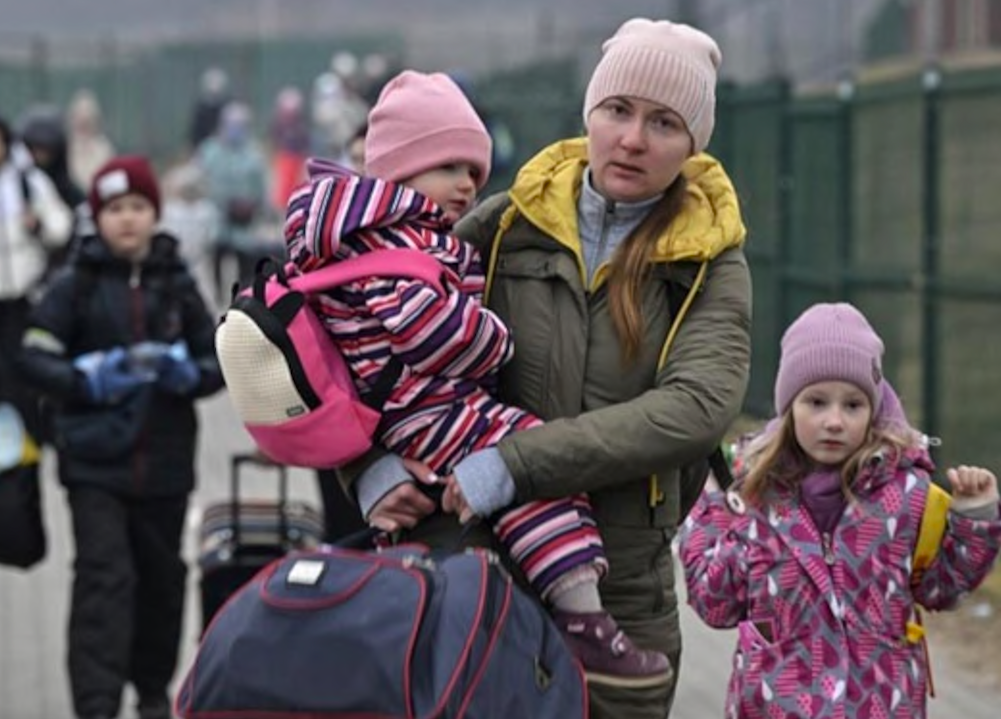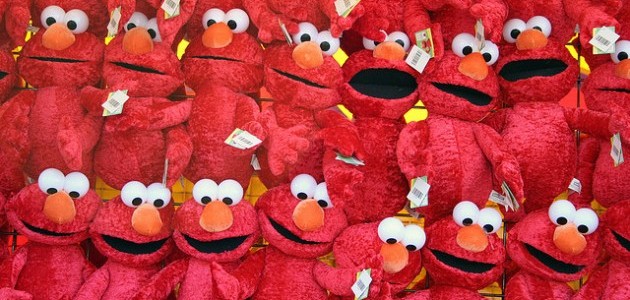March 13, 2022
I was born at the right time for punk rock. Fourteen-years-old in 1978, my teenage angst was perfectly positioned to hear the music of the Ramones and the Sex Pistols as a telegraph to my soul. The explosive anarchy was what I needed. I remember desperately wanting to go to the January 5, 1978 Sex Pistols show in Atlanta, but you had to be 18 to get in. Didn’t they know this was “my” music? My introduction to slam dancing gave me a direct route into the chaos. I was slamming at a Lords of the New Church show in London in 1982 and had my arm pulled out of the socket. Another punk, who was also an EMT, grabbed my arm and shoved it back into the socket and we kept moshing. Punk was life.
When Russian troops began their “training” on the eastern Ukrainian border last month, I got the impulse to be there, in the action. It’s not a new impulse. When I was 20, I went to Belfast, Northern Ireland and ended up (purposely) in a riot, where a kid my age was shot in the face by British soldiers. The experience became my senior honor’s thesis at Emory University. At 29, while I was in Eastern Europe working on my dissertation on right-wing extremism, I tried to get to Sarajevo during the siege of the city and couldn’t get past the Yugoslavian border. It was framed as “research,” but there was something the compelled me to be in a place that most people just wanted to escape from. During the summer of 2020, I couldn’t get enough of manning the BLM barricades in Portland, dodging rubber bullets and coming home smelling like tear gas. The chaos and flash bangs were intoxicating.
And now with a European trip less than a week away, I’m debating heading in.
I’m not exactly a wannabe mercenary who is obsessed with war and violence. A lot of the young men I study certainly are. In the timeless words of Michael Jackson, “I’m a lover not a fighter.” Do these conflicts ignite some toxic masculinity inside me? In the 2000’s, I received weapons training from the FBI as part of their Citizen Academy, and now I’m wondering if I remember how to unlock the safety on an MP5 machine gun. Who am I? I mean, it’s entirely possible that you will see me on Instagram two weeks from now, posing with my AK-74 (standard issue with the Ukrainian ground forces).
I discussed this need to dive into the geo-political mosh pit with my therapist. She had a valuable insight that it might be linked to the abuse I experienced as a child. That chaos became a normal state and my desire to fight it became deeply engrained. Putin is the molesting neighbor and I want to go save the children of Ukraine from him. I experienced pain then so I can experience pain now, acting out some masochistic savior complex. Hey, makes as much sense as anything else. I wouldn’t be surprised if the victims of childhood abuse are over-represented in the ranks of the law enforcement and military.
In front of this is my desire to help. I’m watching Russian tanks fire into civilian apartment buildings in Mariupol and I just want to leap through the TV. The kids streaming out of the country look so much like my daughter. I’m slavic and was born in a Cleveland suburb that was heavily Ukrainian (Parma). If I can just go to the border and serve meals with World Central Kitchen, that would be a lot. These people just seem stunned. The fact that Russia is now attacking close to the Polish border means there’s even more help needed with the refugees. I imagined rockets slamming into my neighborhood today and wondered if anyone would come to help us. How can I not go?
I felt so deflated last week I went to donate blood, even though I know that my blood is not going to Ukraine, or Syria, or Congo, or any of the other of Earth’s bloodbaths. But I have the privilege to travel and the freedom of “spring break,” as well as the ability to work remotely. Why not go? Flights from Paris to Warsaw are down to $94 and I have a new credit card. Can I go just help refugee families in Poland and resist the temptation to throw Molotov cocktails at Russian armored vehicles?
The plan now to fly to Paris on Saturday and then catch a flight to Warsaw, where I have one last Zoom class to teach. After grades are turned in, I’ll catch a train down to Przemysl to find opportunities to help with the flow of refugees. Even if it’s just giving hugs to traumatized kids who look like mine, I will feel that I’ve added to the healing in some small way. I’ve been shopping for both combat boots and children’s books to take with me. The only question is whether or not my childhood trauma will pull me across the border. For the sake of my own child, I will probably stay on the safe side of that line. Or maybe I could do this work from a sunny French café. Stay tuned.
We can all do something. I really want to encourage people to donate to UNICEF’s Ukraine relief. It’s for the kids! https://www.unicefusa.org

































